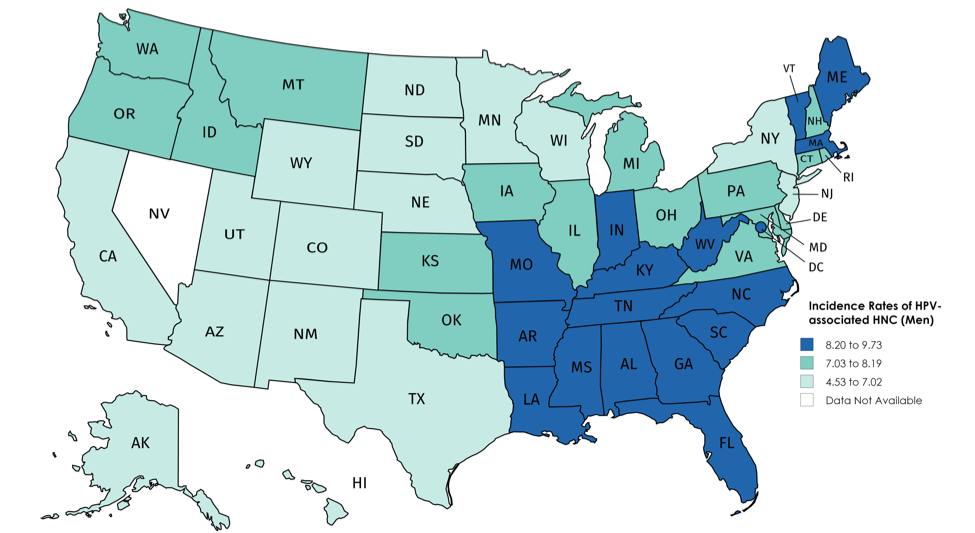Home » News » What do you know about HPV infection and the cancers HPV causes?
What do you know about HPV infection and the cancers HPV causes?
Posted by anderc8 on Wednesday, July 26, 2017 in News, TIPs 2017.

Ronald D. Alvarez, Vanderbilt University Professor of Obstetrics & Gynecology.
Written by Ronald D. Alvarez, Professor of Obstetrics & Gynecology
Infections cause more than 2 million cases of cancer worldwide annually, accounting for approximately 15 percent of all new cancer cases. HPV is second only to Helicobacter pylori as one of the most cancer-causing pathogens, resulting in more than 600,000 cases of cancer worldwide each year. In addition to causing nearly 100 percent of cervical cancers, HPV infection is also responsible for 75 percent of head and neck cancers, 85 percent of anal cancers and 50 percent of penile, vulvar and vaginal cancers in the U.S.
Importantly, the incidence of HPV-associated cancers at non-cervical sites is increasing, with the largest increases observed for head and neck cancers, as the incidence of HPV-associated head and neck cancer has risen by more than 200 percent over the past 20 years, particularly among men. The incidence of anal cancer has also sharply increased, having doubled over the same time period and rising most sharply among women. Unfortunately, Tennessee and the southeast region have the highest rates of HPV-driven cancers in the country.

Although highly effective preventive HPV vaccines have been available since 2007, HPV vaccination is not expected to slow the rapid rise of HPV-associated cancers until at least 2060, when the first birth cohort to receive HPV vaccination reaches middle age. Likewise, due to low vaccination rates, HPV-associated cancers will likely continue to be a significant (and increasing) problem moving forward, not only throughout the U.S., but particularly in Tennessee and the southeastern states. Specifically, the catchment region served by Vanderbilt has the lowest HPV vaccination rates in the country. Among U.S. adolescents targeted for vaccination, only 16 percent of boys and 38.9 percent of girls have received the recommended doses of the HPV vaccine. While cervical cancer can be detected early with pap smears, there is no effective screening test for HPV-associated cancers beyond the cervix.
For all of these reasons, Vanderbilt has funded a Trans-Institutional Program (TIP) focused on addressing the epidemic of HPV associated cancers in Tennessee and southeast. This project will develop supportive infrastructure and educational programs that engage an interdisciplinary team of investigators from the School of Medicine (Clinical), School of Nursing, School of Engineering and Peabody College. The project team also includes Vanderbilt students, who will assist in laying the groundwork for a consortium focused on HPV-associated cancers. Over the coming months, faculty and students will conduct pilot projects designed to: 1) characterize the burden of HPV-associated cancers seen at Vanderbilt; 2) improve HPV vaccination rates in Tennessee; and 3) develop innovative early detection strategies for HPV-associated head and neck cancer.
Readers are encouraged to leave comments or ask questions in the space provided below, and be sure to return to the blog site regularly to learn more about this important new TIPs project.
